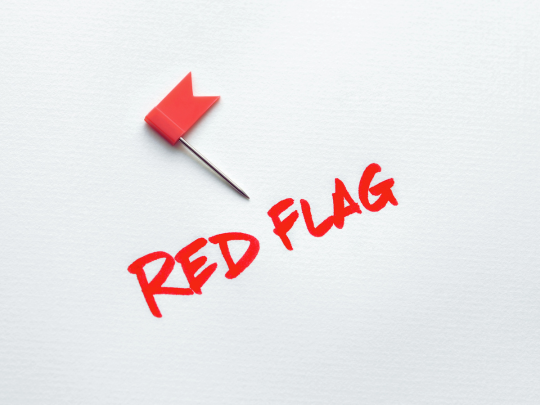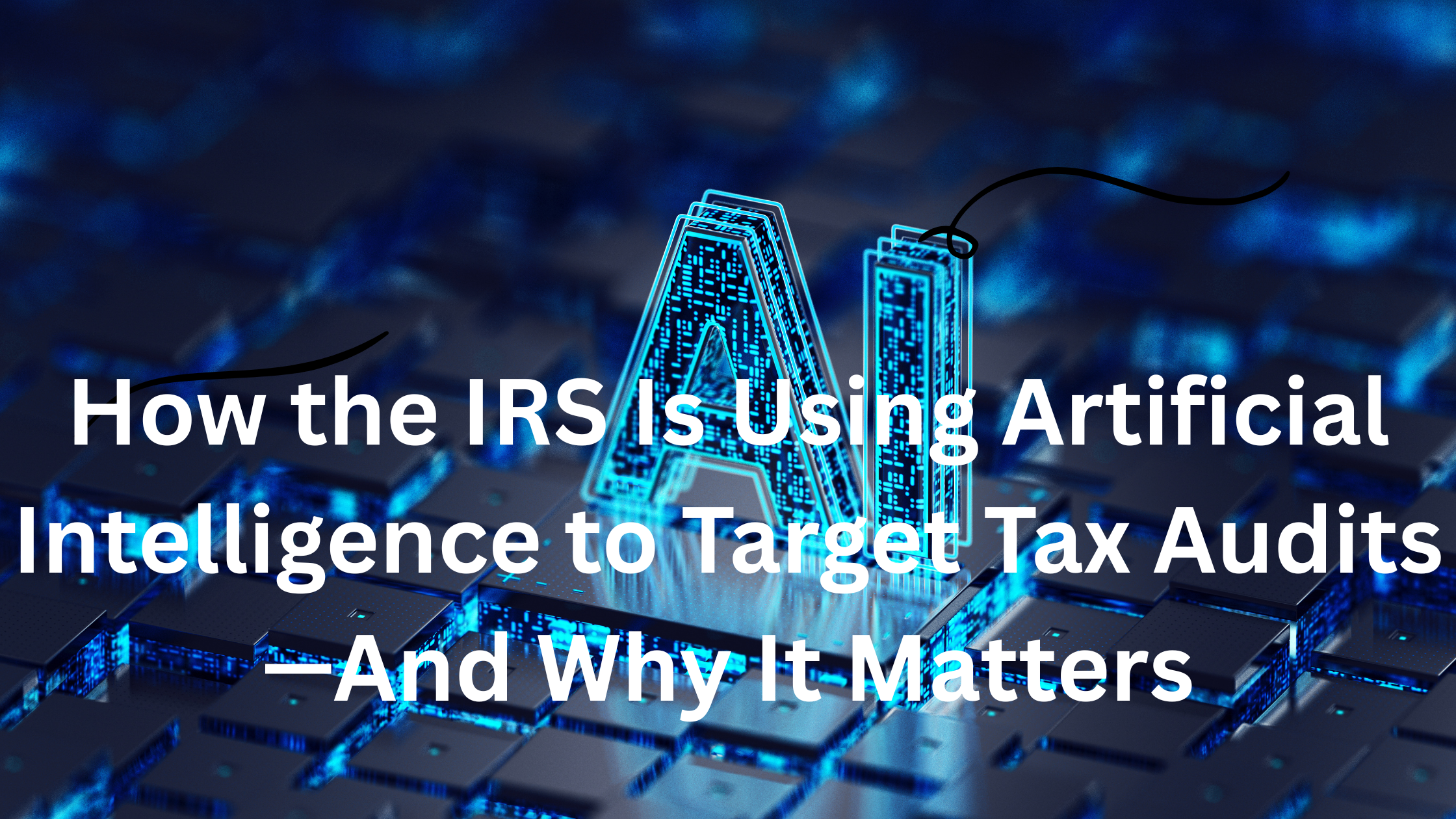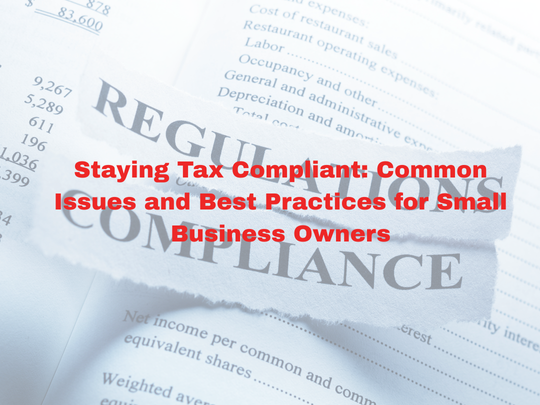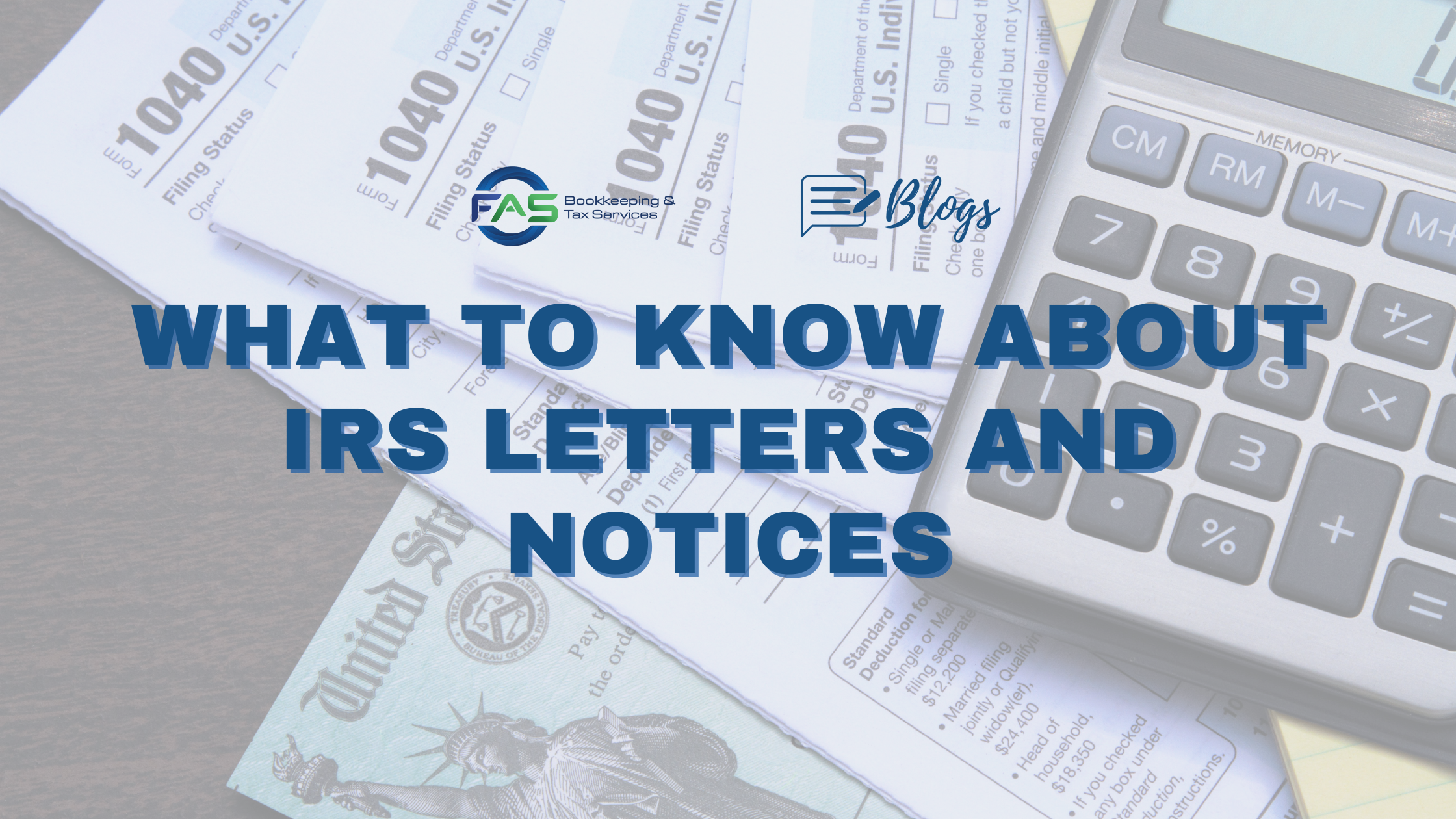What To Know About IRS Letters and Notices
The IRS often sends a letter or notice to a taxpayer when it needs to ask a question about their tax return, let them know about a change to their account, or ask for a payment. Taxpayers should know that the IRS sends millions of these letters and notices to taxpayers for many different reasons. Many of these letters and notices can be easily taken care of without calling or going to an IRS office. Here are some things taxpayers should know about notices and letters from the IRS:
The following are some of the reasons why the IRS sends notices and letters:
- You have a balance due.
- You should get more or less money back.
- They need to check your identity.
- They have a question about your tax return.
- They need additional information
- Your return was changed.
- They need to let you know that there will be a delay in handling your tax return.
Your notice or letter will tell you why you are being contacted and how to handle the problem. If your notice or letter tells you to reply by a certain date, you should do so for two main reasons:
- To avoid paying too much interest and fines.
- To keep your right to go to court if you don’t agree.
Carefully Read the Notice
Most letters and notices from the IRS are about tax accounts or federal tax returns. Each notice or letter is about a different topic and tells you exactly what to do. It is important that you read each one carefully. A notice can talk about changes to a taxpayer’s account, taxes owed, a request for payment, or a certain part of a tax return. As mentioned above, if you act quickly, you could avoid having to pay more in interest and penalties.
If a letter is about a changed or corrected tax return, the taxpayer should look over the information and compare it to what was on the original return. If the taxpayer agrees, they should write a note on their own copy of the tax return about the changes and keep it for their records.
When to Take Action
Most of the time, a taxpayer only needs to do something or contact the IRS if they disagree with the information, if the IRS asked for more information, or if they owe money. The IRS and private debt collectors with permission to do so do send letters through the mail. Most of the time, all the taxpayer has to do is read the letter carefully, do what it says, or send a payment. Most of the time, you don’t need to answer a notice or call the IRS unless they tell you to.
If a taxpayer needs to call the IRS, they should use the number in the top right corner of the notice and have a copy of their tax return and letter with them.
Notices or letters from the IRS that taxpayers get should be kept. These include notices of account changes when something is done to a taxpayer’s account. After filing their tax return, taxpayers should keep records for three years.
Watch Out for Scams
Notices and letters from the IRS are sent in the mail. The IRS does not talk to people about their accounts or tax returns by email, phone, or social media. The notice (CP) or letter (LTR) number can be found in the top right corner or the bottom right corner of your correspondence. If you look for your notice or letter on the IRS website and don’t find it, or if the notice or letter looks suspicious, report it on the IRS.gov Report Phishing page.
Taxpayers who aren’t sure if they owe money to the IRS can check their tax account information on IRS.gov.
Help is Just a Phone Call Away.
Most of the time, getting mail from the IRS is nothing to worry about, but it shouldn’t be ignored either. If you got a letter or notice from the IRS and have questions or concerns about it, don’t be afraid to contact us.





